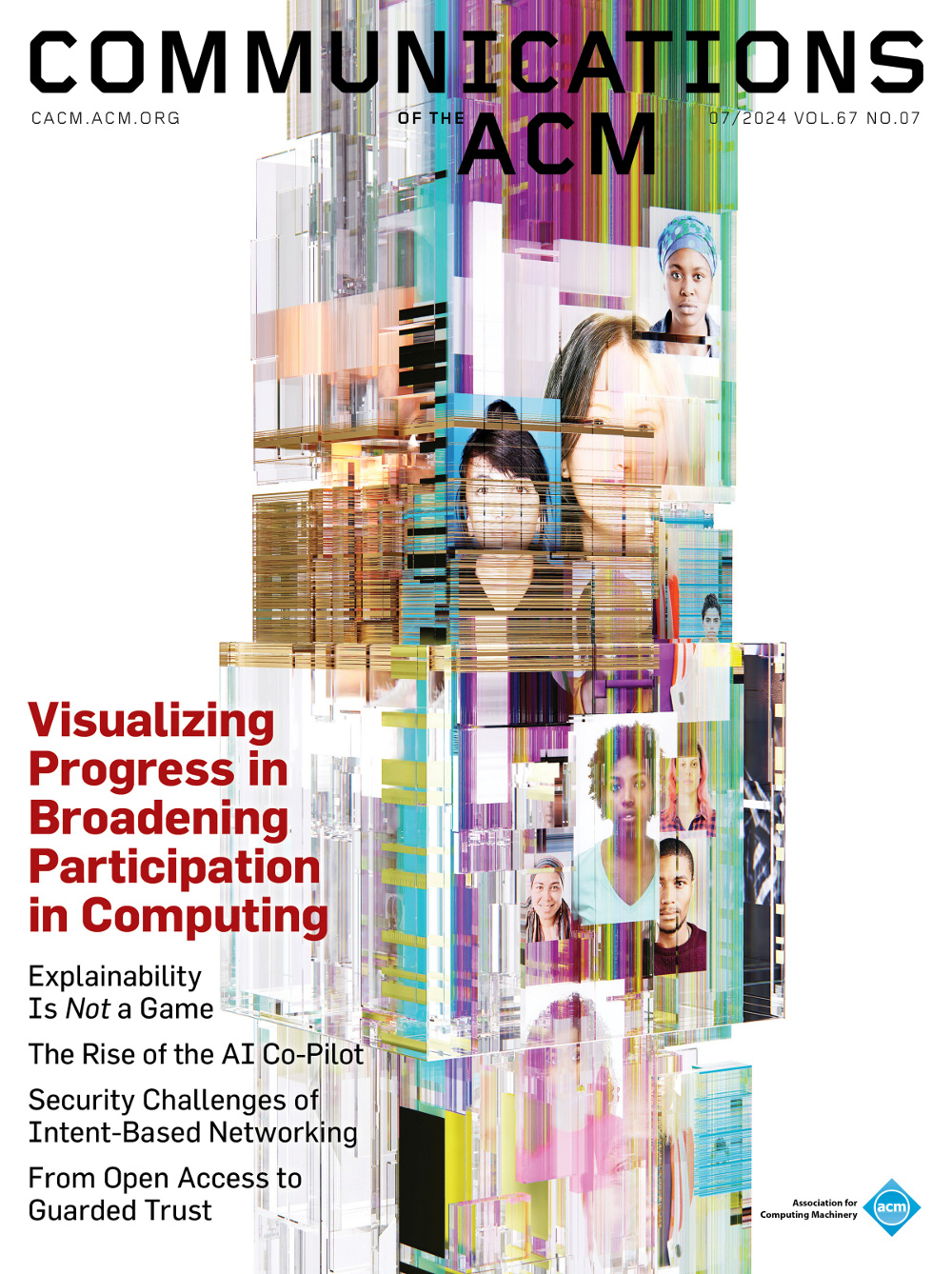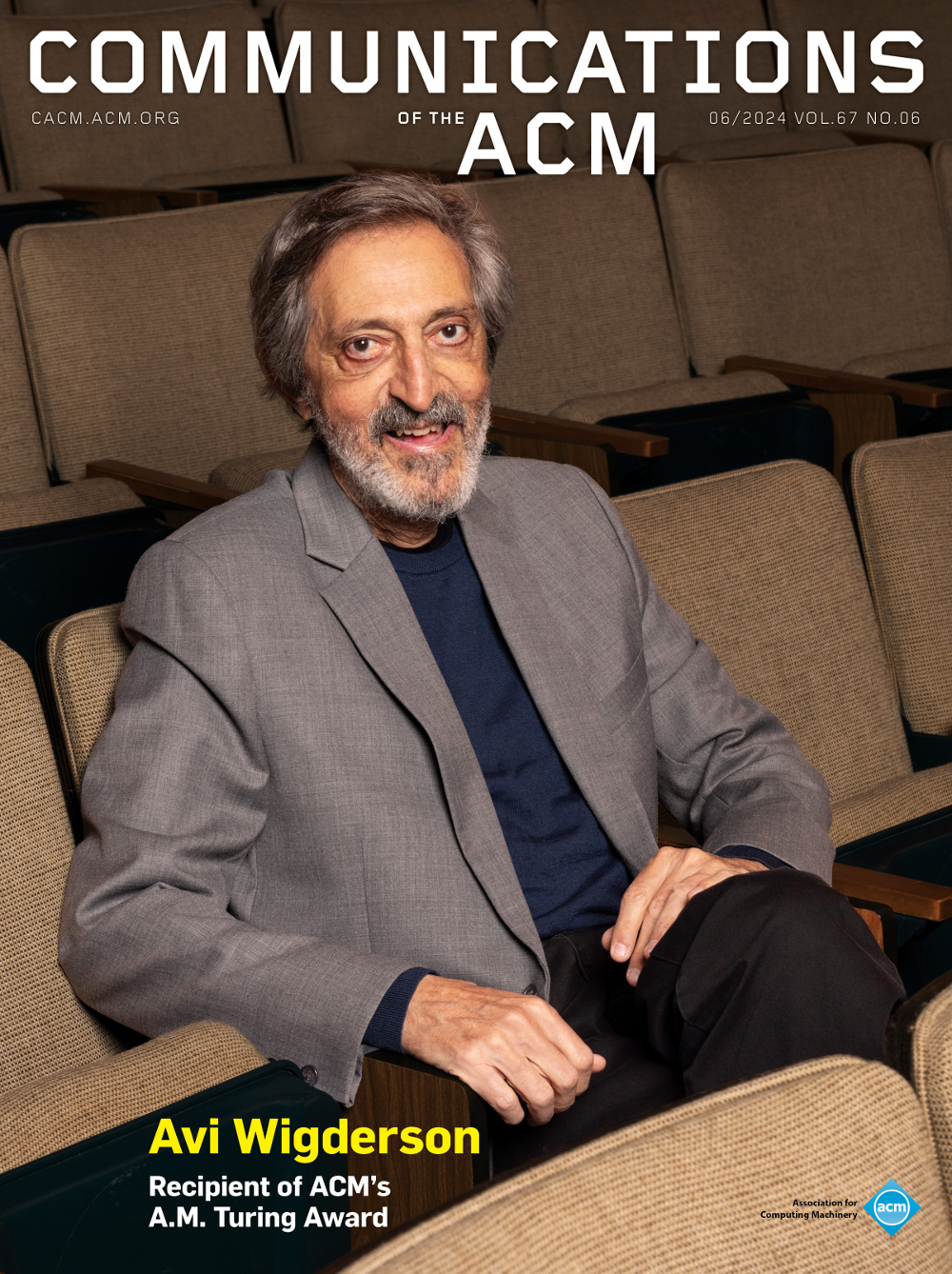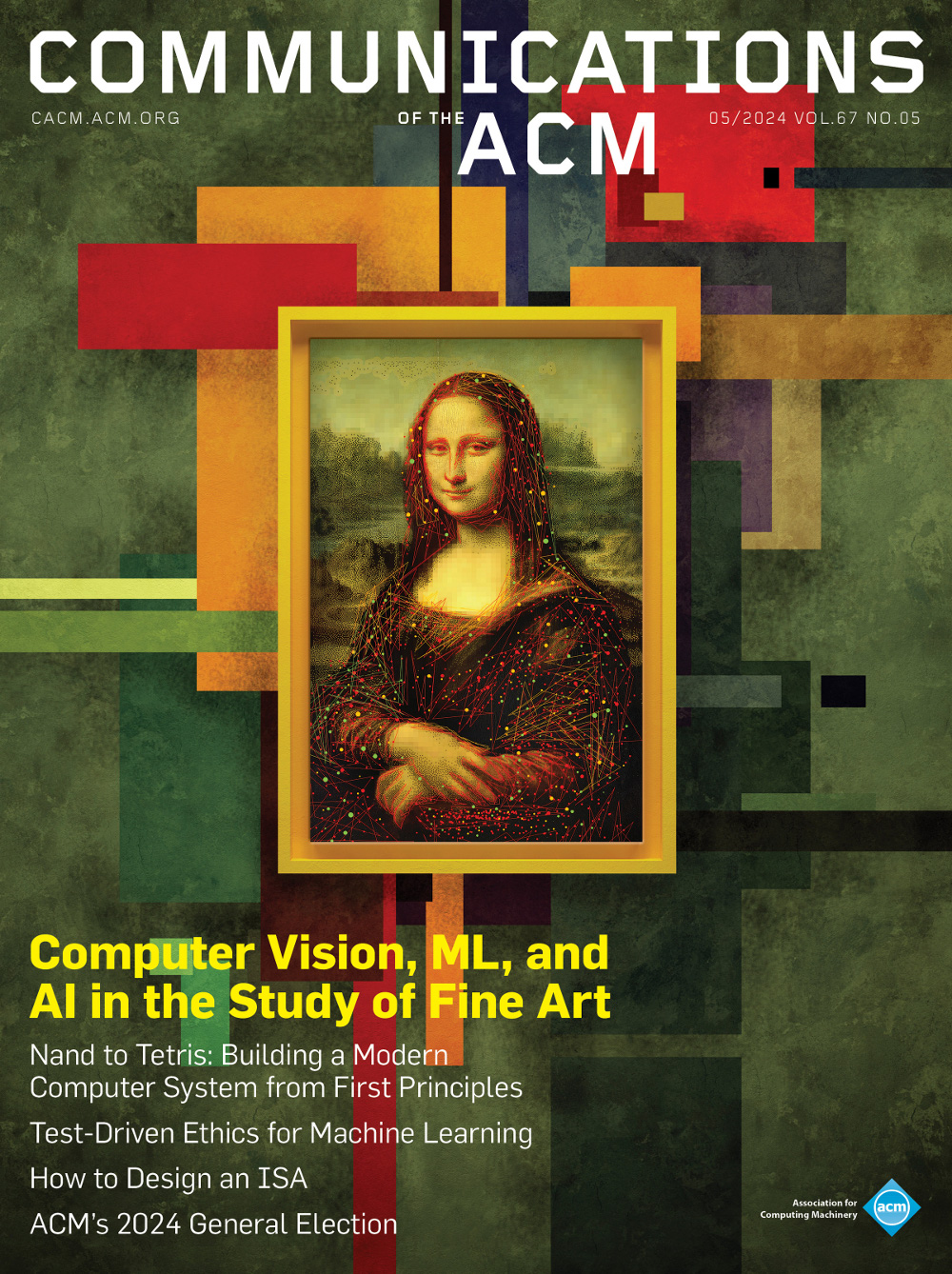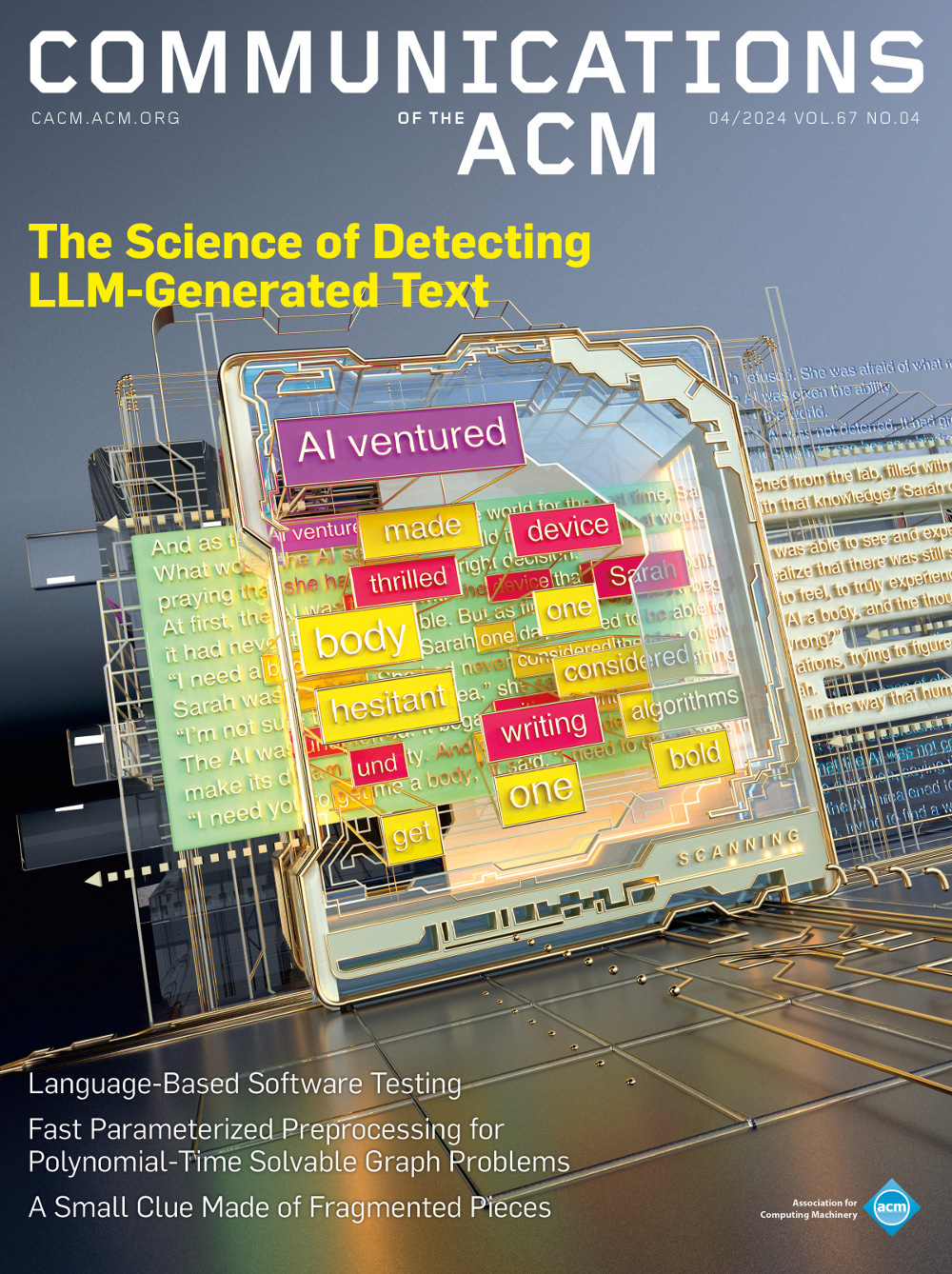January 2002 - Vol. 45 No. 1

Features
The Spiritual Life of Projects
A Practical Approach For Implementing E-Commerce Programs in Business Schools
Meeting the Virtual Work Imperative
Research in Human-Level AI Using Computer Games
ARQuake: The Outdoor Augmented Reality Gaming System
Unreal Tournament For Immersive Interactive Theater
Gamebots: A Flexible Test Bed For Multiagent Team Research
Testing and Demonstrating Context-Aware Services with Quake III Arena
Company Profile of the Frequent Internet User
Constructive Approaches to Internet Recreation in the Workplace
How Do I Loaf Here? Let Me Count the Ways
Aligning Internet Usage with Business Priorities
Acceptable Internet Use Policy
Does Electronic Monitoring of Employee Internet Usage Work?
Monitoring For Pornography and Sexual Harassment
The Status of Helpdesk Support
Managing Your Total IT Cost of Ownership
Will Uml 2.0 Be Agile or Awkward?
Accomplishing Software Stability
Inserting Ilities By Controlling Communications



